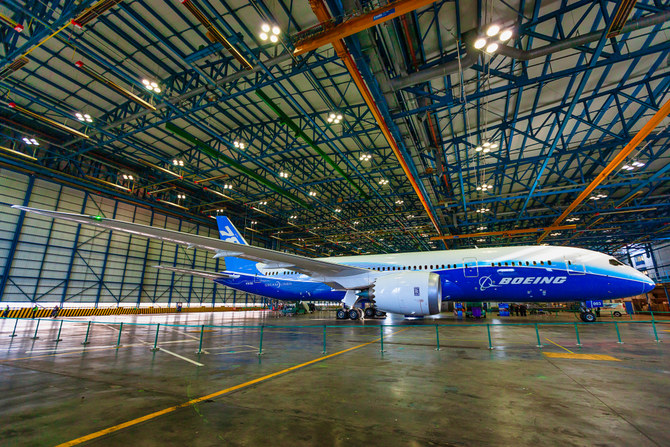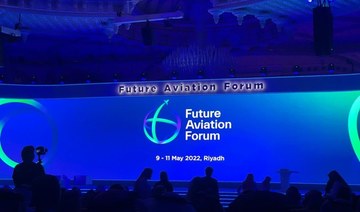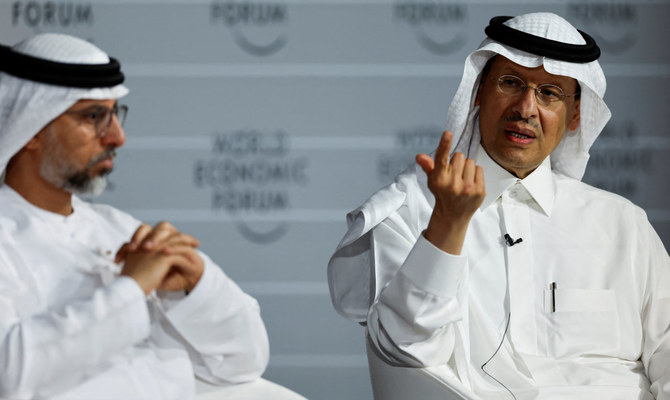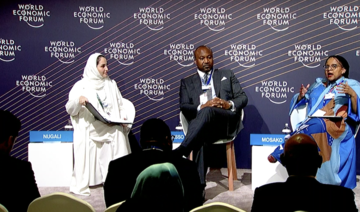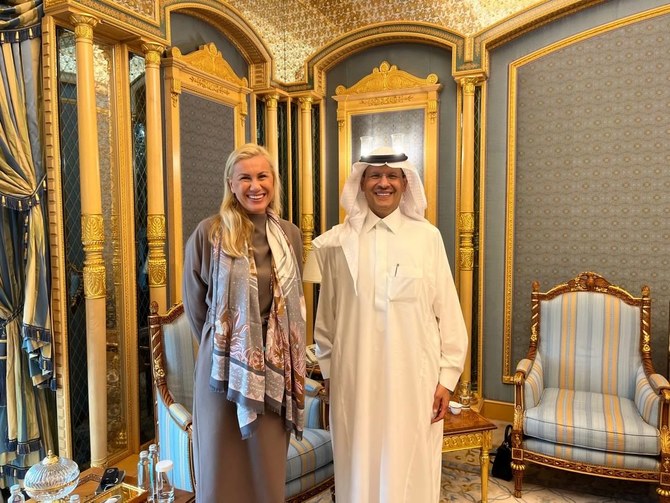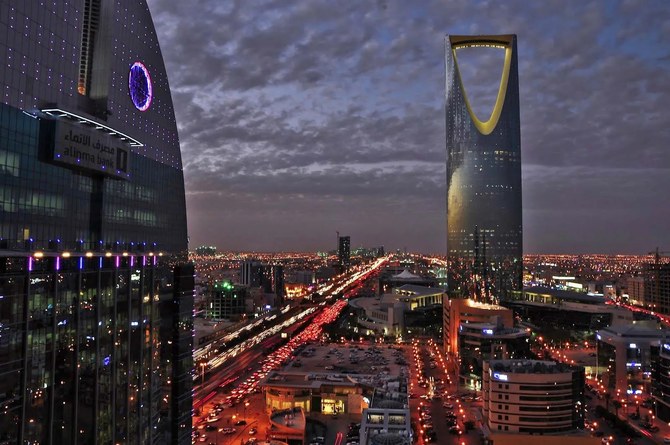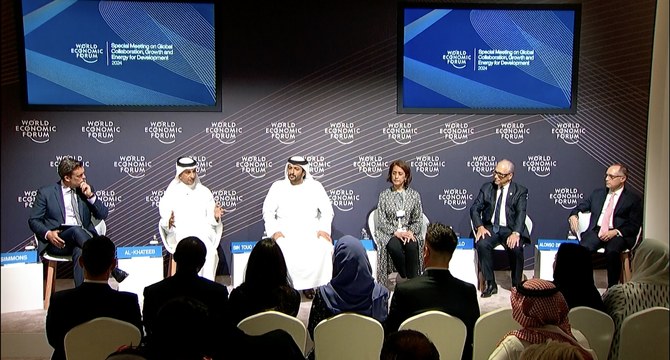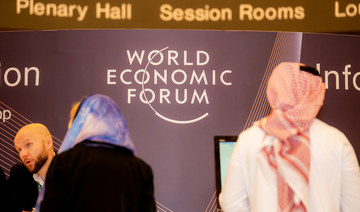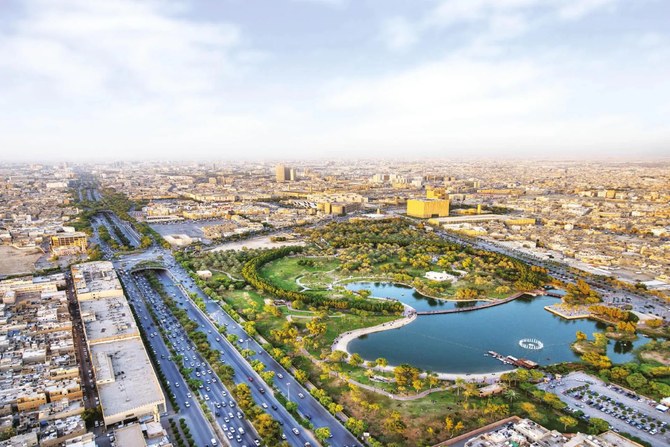RIYADH: As global airlines increase their spending to meet their net-zero carbon targets, Boeing is investing to find new solutions.
The American aircraft manufacturer is working hard to find better fuel blends that will not only reduce emissions but also help airlines become more efficient, according to a top company’s executive.
International airlines have invested around $1 trillion in the last 10 years to reduce carbon emissions and cut dependence on traditional fuel, said Brian Moran, the vice president of global sustainability policy and partnerships for Boeing.
“In the next 20 years, the world needs 43,000 new airplanes. So it’s on us to make sure that we continue this descend of emissions reduction that we have been on,” Moran told Arab News on the sidelines of the Future of Aviation Forum in Riyadh last week.
Investment
“The airlines are buying new, more efficient aircraft. Every generation is about 15 to 25 percent more efficient than the airplane it replaces. At Boeing, we’ve invested $60 billion over 10 years in research and technology to build and design these products,” he added.
Moran said sustainability has become even more important following the outbreak of the pandemic.
“The airlines agreed to reach net-zero emission by the middle of the century. My particular role was looking for new partnerships and supporting the customers on their journey to net-zero,” Moran explained.
Sustainability
One of the main themes at the forum was sustainability and reduction of carbon emissions as speakers from different companies highlighted the efforts of their firms to meet these targets in the future.
A key area where Boeing is investing is sustainable aviation fuel, which Moran considers a vital area for the industry.
“It’s not one silver bullet, but (SAF) sustainable aviation fuel and low carbon fuels on the road to sustainable aviation fuels play a really vital role. And that’s why we’re so invested there,” he added.
Aviation fuel
Moran explained that sustainable aviation fuels are those that are made from different feedstock like biomass residue, different cooking oils, or waste gases.
There are different pathways that have been created to convert recycled carbon by combining it with hydrogen to produce a new fuel, he said.
Sustainable aviation fuel development is part of a larger strategy for Boeing to tackle the issue of sustainability.
Boeing looks at different strategies to do that, Moran added.
First is fleet replacement and renewal. The second is about advanced technology.
The third is operational efficiency, and this is about flying more efficient using digital tools in the cockpit that help the airlines make better choices and to use less fuel.

Boeing's top executive talks to Arab News in an interview on the sidelines of the Future Aviation Forum in Riyadh. AN
“And here we have an interesting way to look at where fuel is consumed. Fifty percent of flights today are under 1,000 kilometer, but they only emit about 15 percent of the emissions. And on the flip side, 50 percent of the emissions come from 2800 kilometers or more.
“So in the low end, battery electric technology where we’re investing in electric and hybrid propulsion, may have a role.”
“But on the higher end and on the longer ranges, that’s where sustainable aviation fuels come in. And here Boeing has done a lot over the last 15 years.”
“We were there for the first flight in 2008. We started to help certify the first fuel in 2011. We were the first company to fly on 100 percent sustainable aviation fuel on a triple seven and 2018.”
“Last year, we committed that every one of our products by 2030 will be capable of flying on 100 percent SAF. So you can see it’s a suite of options. It’s an all of the above approach.”
The quest for reducing emissions is non-ending for Boeing, Moran believes.
“If you think back since the 1960s, the dawn of the jet age, we have reduced emissions by 85 percent. Since 1990, alone, we’ve reduced emissions by 50 percent. So going forward, we want to keep on that trajectory.”


